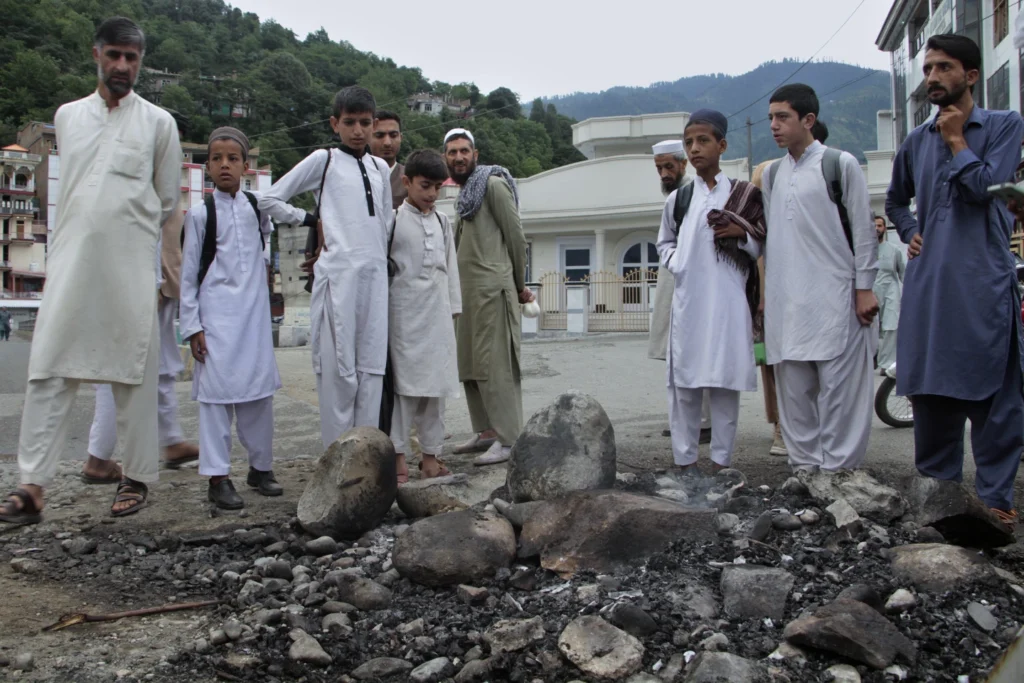New Delhi (June 24, 2024). The Centre for Democracy, Pluralism and Human Rights (CDPHR) steadfastly condemns the latest incident of blasphemy-related mob lynching in Pakistan. In the Khyber Pakhtunkhwa region of Pakistan, a man named Muhammad Ismail was lynched over blasphemy allegations on Thursday. The victim who went for a vacation to the region and was staying in a hotel in the city of Madyan, was alleged to have desecrated the Quran by the hotel staff and locals. After this allegation, the man was arrested and taken to the police station. After the news of a blasphemy-related arrest spread in the region, the police station was stormed by a mob of radical Muslims and the victim was snatched from the premises. Afterwards, the man was lynched, and the mob burned his lifeless body.

Pakistan’s anti-blasphemy laws, the anti-secular Constitution that discriminates against non-Muslims and general society’s fundamentalist opinions against blasphemy make the accused of sacrilege/apostasy vulnerable to arbitrary arrests and large-scale mob violence. The law has been regularly used to harass religious minorities, especially Hindus and Christians, secular Muslims, non-Sunni Islamic sects like Ahmadis or Shias and non-religious individuals. Last month an elderly Christian man in Punjab’s Sargodha city was also lynched over blasphemy related allegation in the country. The allegations of blasphemy have been misused historically to settle personal scores, property disputes and petty disputes. At least 1, 855 people have been charged with Pakistan’s blasphemy laws till February 2021 and scores have been killed in extra-judicial lynchings and murders.
Pakistan’s blasphemy laws and the failure of the state to control Islamic fundamentalist mobs and preachers are disgraceful violations of all the basic tenets of global human rights norms. The CDPHR calls upon the Government of Pakistan to take legal action against those Islamic maulvis who regularly provoke the crowd to commit such heinous acts. The state also needs to revoke its anti-blasphemy laws and protect individuals who are accused of blasphemy. The CDPHR also calls upon the Government of India to raise the issue of blasphemy-related lynchings on international forums and use diplomatic channels to address the problem with their Pakistani counterparts. Finally, global institutions like the United Nations and the international community should appeal to Pakistan to address the issue of blasphemy-related state and non-state violence.
The CDPHR regularly monitors the situation of human rights violations globally and remains committed to the rights of Pakistan’s religious minorities and non-religious individuals to have a life free of harassment and abuse.
Dr. Prerna Malhotra, President, CDPHR

